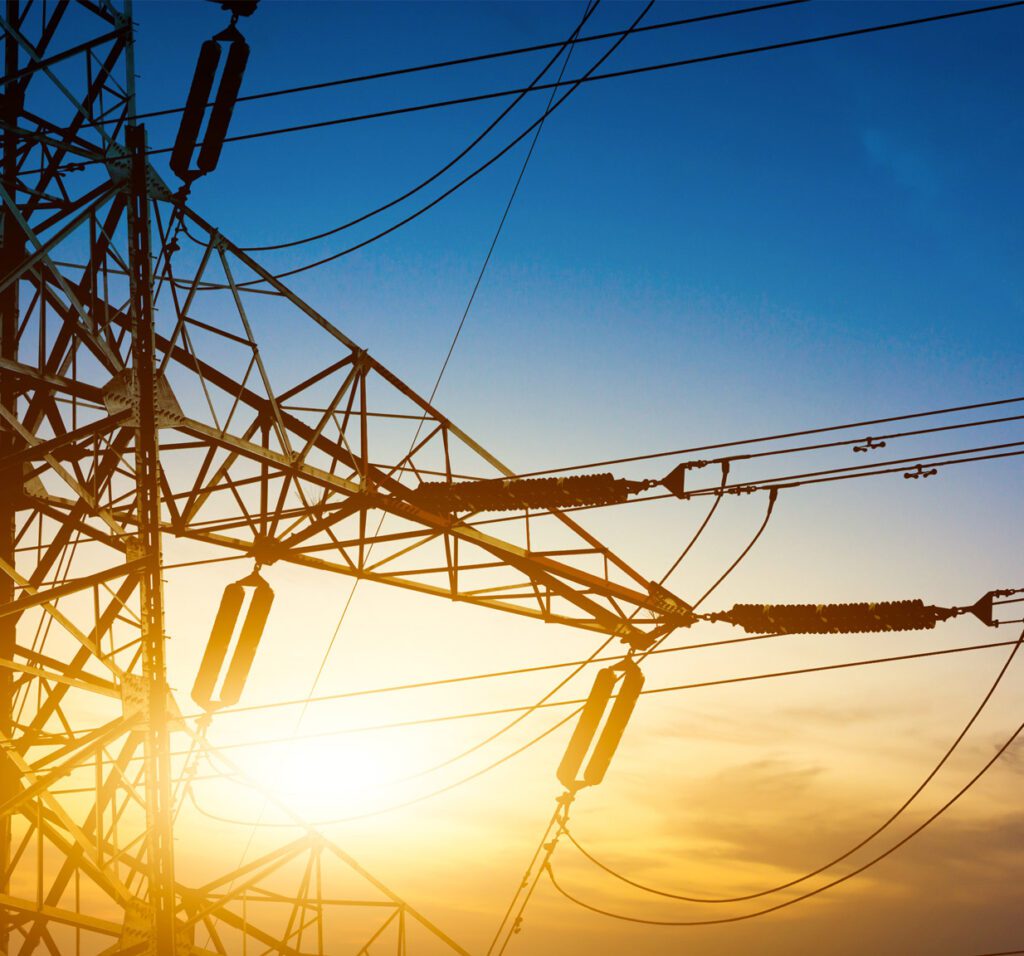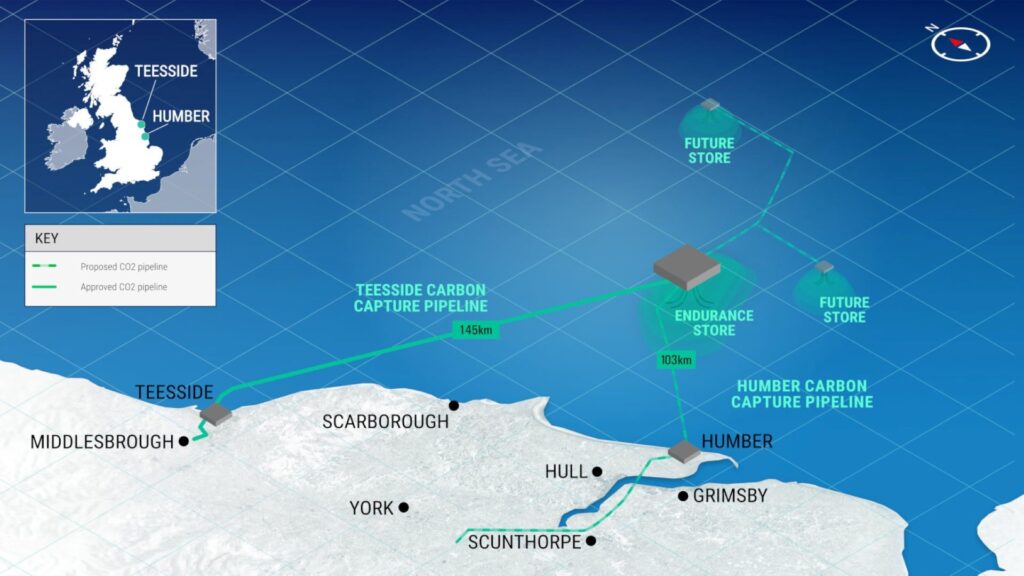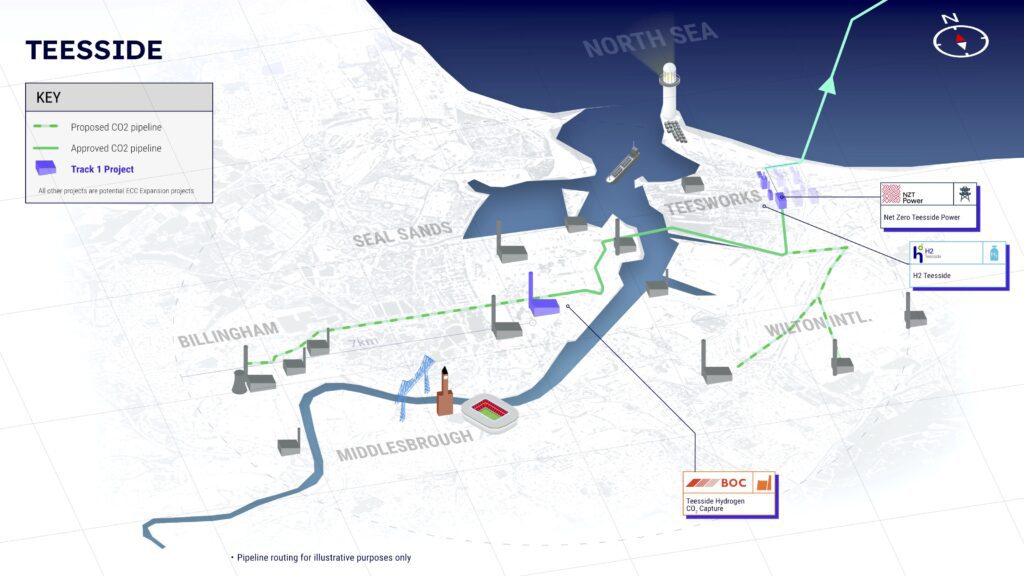Waste and carbon emissions
Proper waste treatment and disposal is essential for maintaining a sanitary environment and protecting public health, but treating the rubbish left over after recycling (called “residual waste”) is an industrial process that produces greenhouse gas emissions.
The best way to avoid the greenhouse gas emissions associated with treating residual waste is to avoid creating waste in the first place and by re-using items as many times as possible. After that, recycling as much as we can and composting organic waste also helps to reduce the amount of residual waste sent to landfill or to energy recovery facilities like the TV ERF.
Landfill and energy-recovery remain the two most viable options for treating residual waste at scale and both contribute to greenhouse gas (GHG) emissions in different ways.
Because residual waste consists of both organic (e g food, cardboard, cotton textiles) and fossil-based materials (plastics), the organic matter rots in landfill and releases methane, which is a potent greenhouse gas. When the same waste is treated in energy recovery, the organic matter is viewed as a renewable fuel, but the fossil-based material releases carbon dioxide.
Overall, however, energy-recovery releases significantly less GHG emissions per tonne than landfill and is subsequently the preferred option. It also offsets some of the need to generate energy elsewhere from fossil-based sources, which still account for about 30% of the UK’s electricity grid – although the energy produced by the TV ERF cannot fairly be compared with renewable energy (like wind or solar), since its primary role is to treat waste.
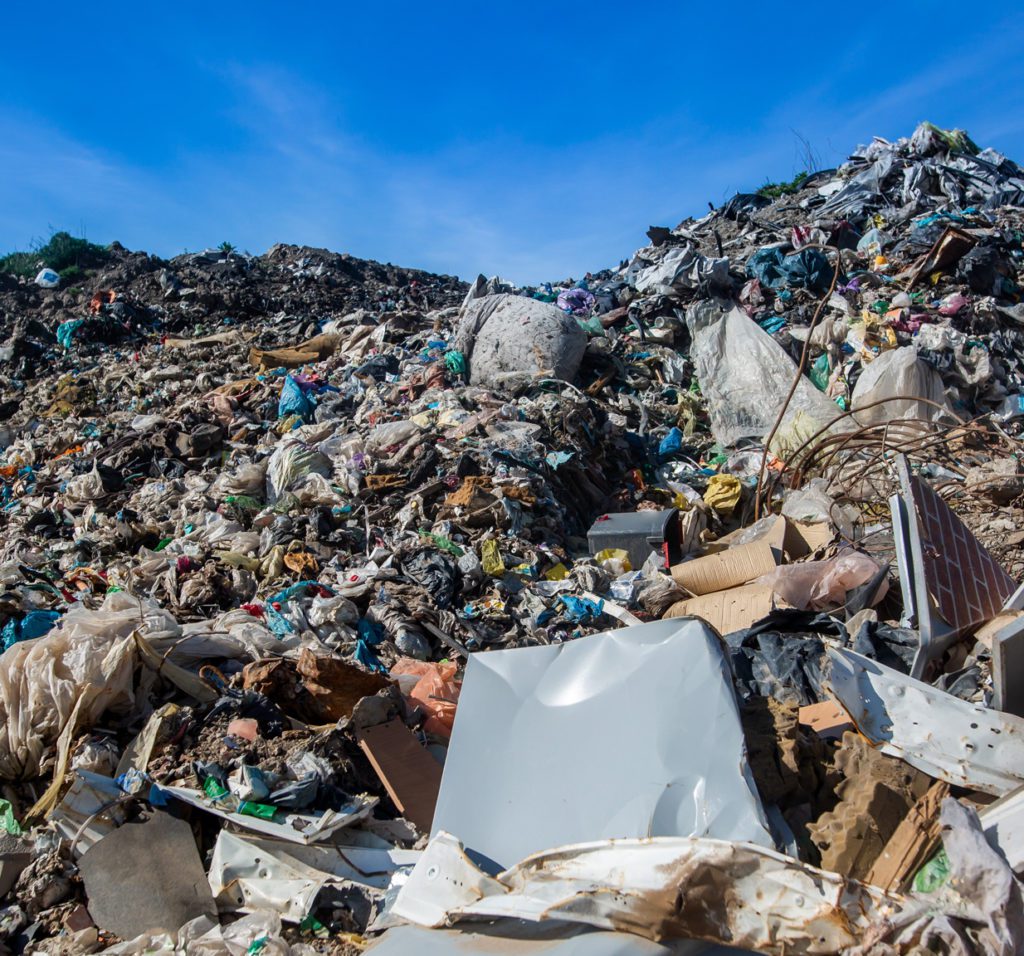
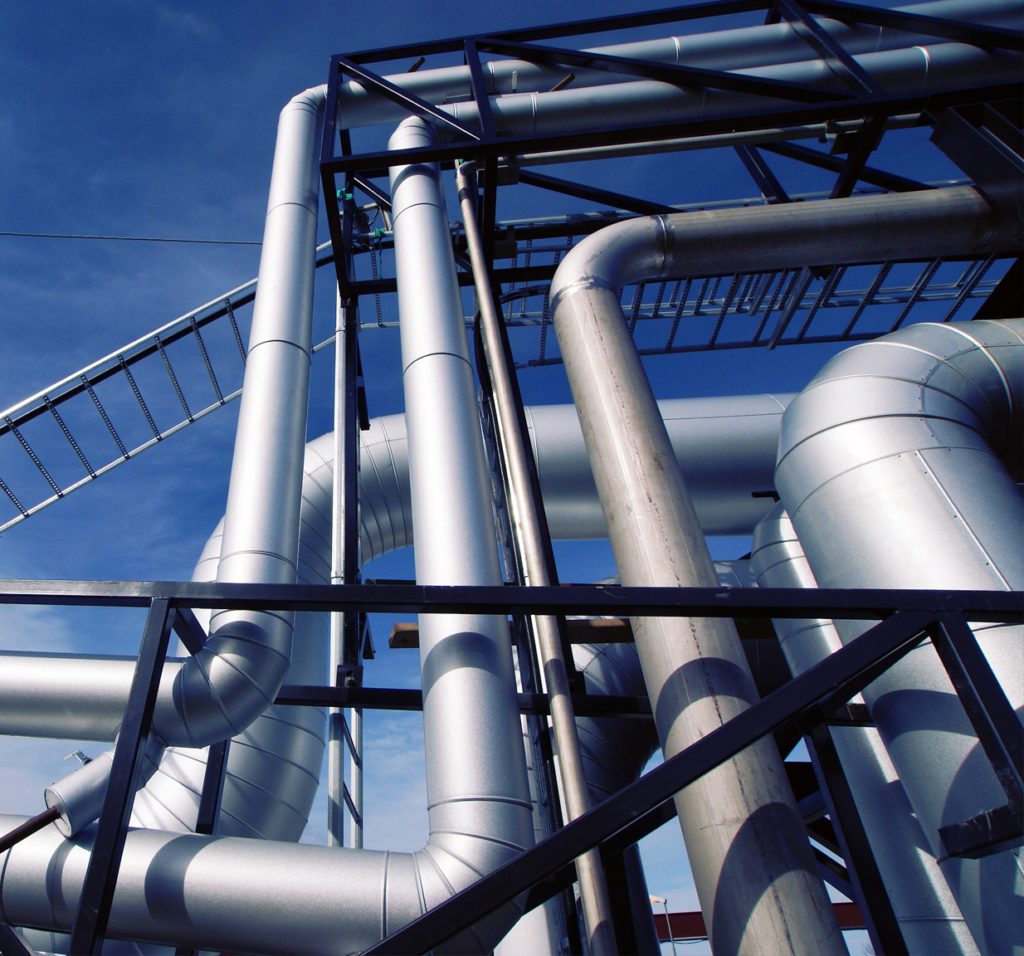

Reducing carbon emissions from the TV ERF
Avoiding carbon emissions arising from the safe treatment of residual waste in energy recovery is challenging but the operator chosen to build and operate the TV ERF will be required to reduce carbon emissions associated with the facility year-on-year over the duration of the contract.
Making the process and facility as energy-efficient as possible; securing heat offtake, and reducing the proportion of fossil-based materials (ie plastic) present in the waste could all make a positive contribution towards reducing carbon emissions from the facility in future.
Recycling is a top priority for the seven partner authorities, who want to help their residents recycle as much as possible. This will keep valuable materials in use for longer and will help move more fossil-based plastic material into recycling and out of residual waste.
In addition to each of the councils’ recycling strategies, major changes to recycling services across the UK are expected within the next few years and new policies aim to achieve a national recycling rate for municipal waste of 65 per cent by 2035 from approximately 45 per cent today.
Carbon capture and storage
Carbon Capture and Storage (CCS) technology enables industrial carbon emissions to be captured and stored rather than being released into the atmosphere.
If this technology was used at the TV ERF in future, it could enable the TV ERF not just to capture all of its own emissions but, in doing so, actually remove carbon dioxide from the atmosphere – actively contributing towards national net-zero targets.
In October 2021, the UK government selected the East Coast Cluster (ECC) as one of the first two low-carbon industrial clusters to begin decarbonising the Humber and Teesside industrial regions from the mid 2020s.
Situated within the East Coast Cluster, if CCS is deployed at the TV ERF in future, carbon emissions from the plant would be captured on site and, using common infrastructure shared with other carbon-emitting projects within the East Coast Cluster, would be transported via pipeline to secure offshore storage in the Endurance aquifer in the Southern North Sea – operated by the Northern Endurance Partnership.
Although the TV ERF was not included in the first round of just three projects within the ECC to receive government CCS funding support, as announced by DESNZ in March 2023, the seven partner authorities remain interested in pursuing government-backed CCS funding support for the TV ERF project in future.
As is the case for all local authorities and waste service operators, the potential introduction of waste management into the Emissions Trading Scheme (ETS) from 2028 could underpin a viable financial case to introduce CCS to EfW plants – which the TV ERF remains well placed to deploy. The facility will be built ready to deploy both carbon capture and district heating should opportunities become available and therefore aligns with emerging government requirements for new-build EfW’s to demonstrate how they will achieve these outcomes, even though they likely will not apply to the TV ERF, since it already has planning consent and an Environmental Permit.
Find out more about Net Zero Teesside and the Northern Endurance Partnership.

